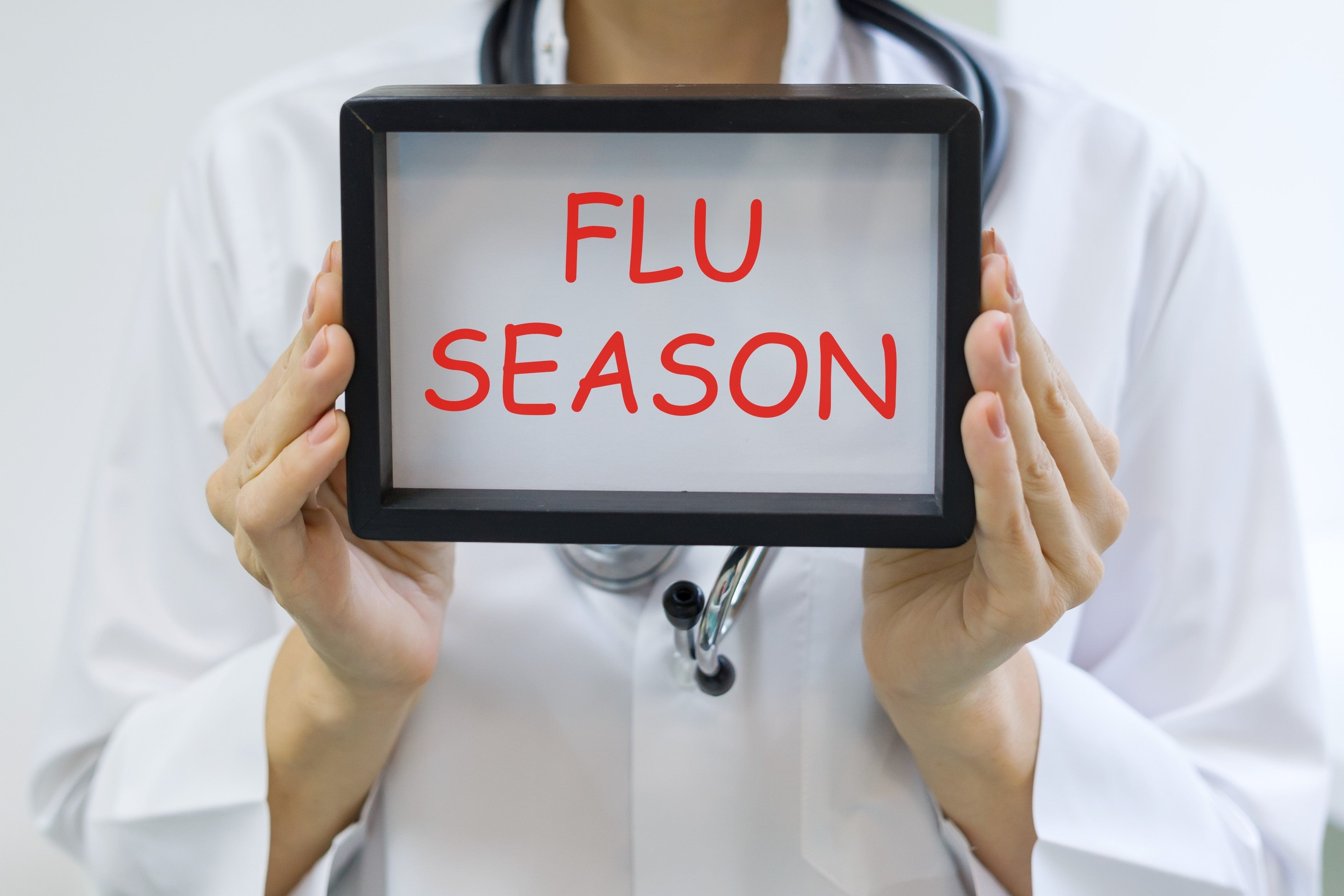Helpful Tips for Avoiding the Flu
September 8, 2019
By: Mary Ann Boyer
Categories: Infectious Disease
Did you know that according to the Centers for Disease Control and Prevention (CDC), each year between 5 and 20 percent of U.S. citizens contract the flu and that the virus causes more than 200,000 hospitalizations and as many as 49,000 deaths?
Flu season is fast approaching and, thankfully, flu prevention begins with a variety of things we can easily do to protect our patients, our loved ones and ourselves from becoming ill.
The CDC and Mental Health America say you can do the following things to protect yourself and others from the flu:
- Get a flu vaccine – the CDC cites the yearly flu vaccine as the first and most important step in protecting against flu viruses. Talk with your doctor.
- Take everyday precautions to stop the spread of germs – wash your hands, cover your mouth and nose with a tissue when you sneeze and avoid touching your eyes, nose and mouth.
- Take antiviral drugs if your doctor prescribes them. If you get the flu, antiviral drugs can treat your illness. They make illness milder and shorten the time you are sick. They may also prevent serious flu complications.
- Another great way to reduce your risk of developing illness is by maintaining a positive mental and spiritual attitude. According to Mental Health America, there is a connection between spirituality and health. Spirituality can reduce the stress that often drives illness.
When you’re being treated for, or trying to prevent a disease or condition like the flu, it may not always be easy to decide where to go for care.
For anything that is considered a life-threatening situation (like chest pain or sudden and severe pain) it’s best to go to the emergency room. For less severe matters that still require immediate attention, if you can’t get in to see your primary care physician (PCP), going to an urgent care facility can save you time and money.
Even if you require emergency or urgent care for your health situation, it’s always best to have a relationship with a PCP who knows your history and understands what is happening with your health over time. If you don’t have a PCP, just visit your insurance carrier’s website, look for the “find a doctor” area and follow the instructions.
Mercy Health is committed to providing resources that promote well-being though body, mind, and spirit and is dedicated to helping you live a healthy life.
Trinity Health is a Catholic health care facility that is firmly committed to maintaining fidelity to its Catholic identity by closely conforming to the Ethical and Religious Directives (ERDs) for Catholic Health Care Services.
CDC.gov, Mental Health America.net, and the links they provide are independent sites and have no obligation to provide information that is always congruent with the ERDs. Trinity Health cannot guarantee their content and ask for your discretion when using information from these sites.




